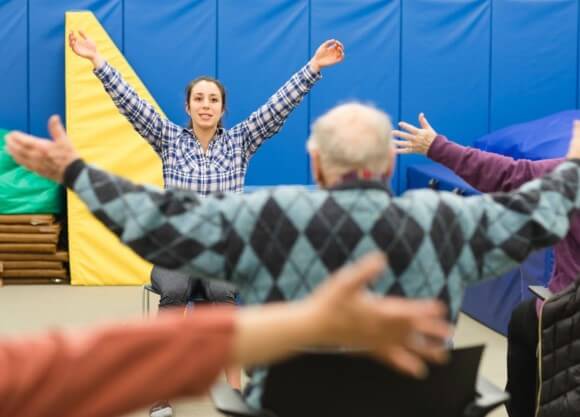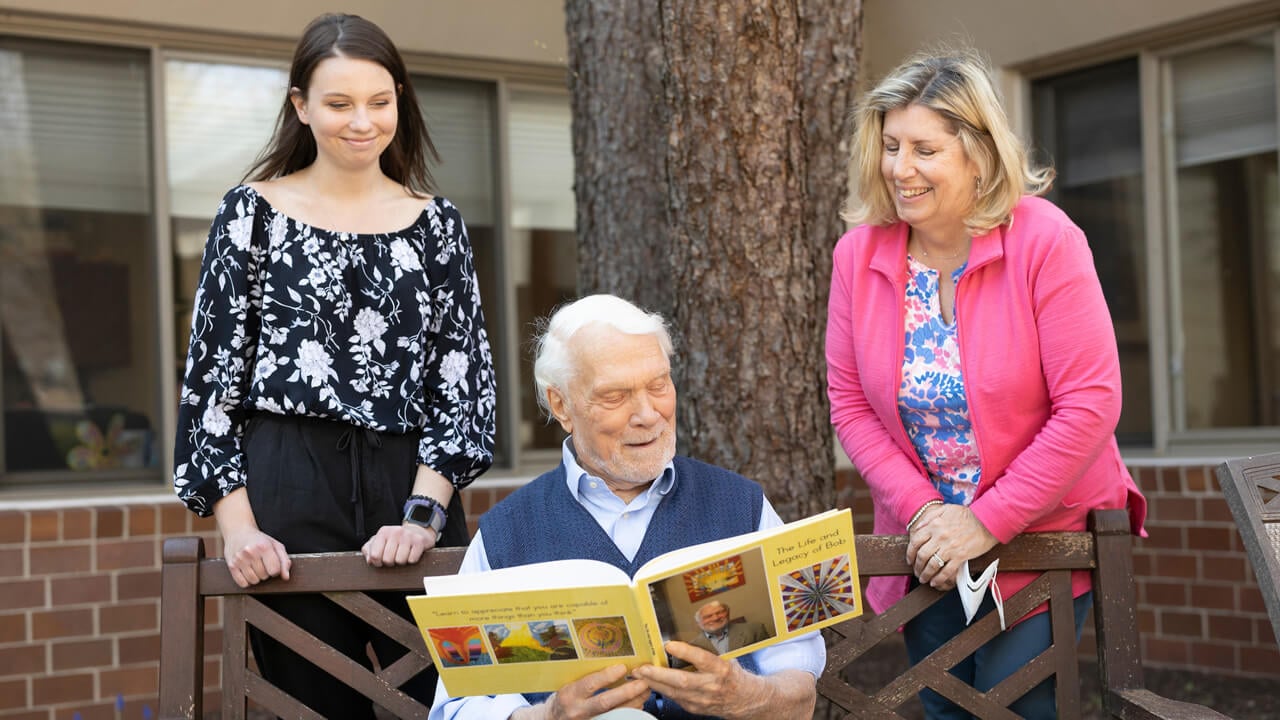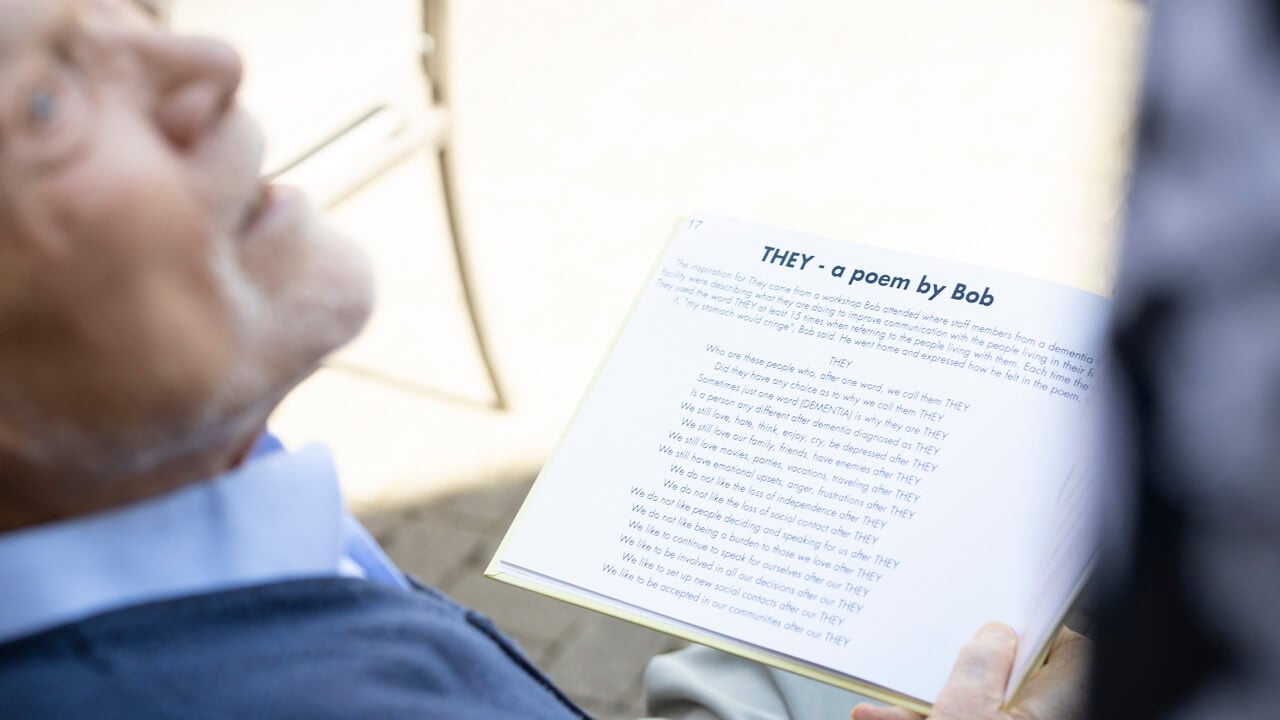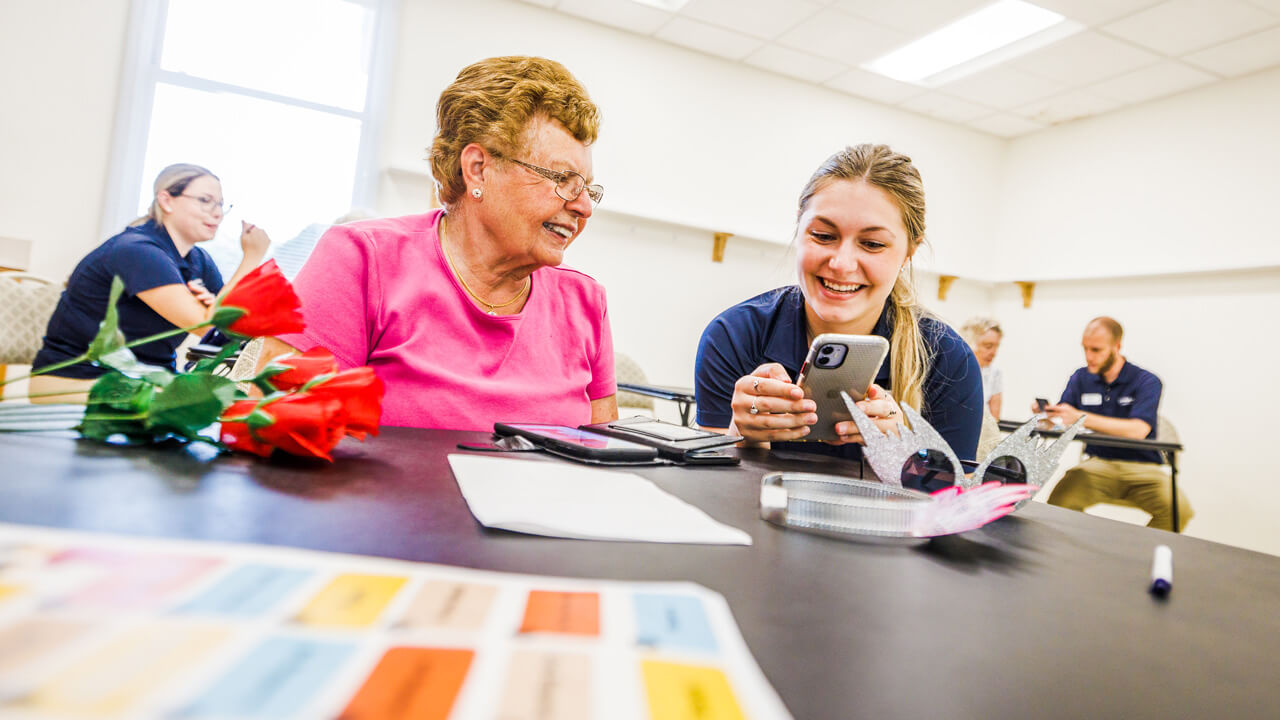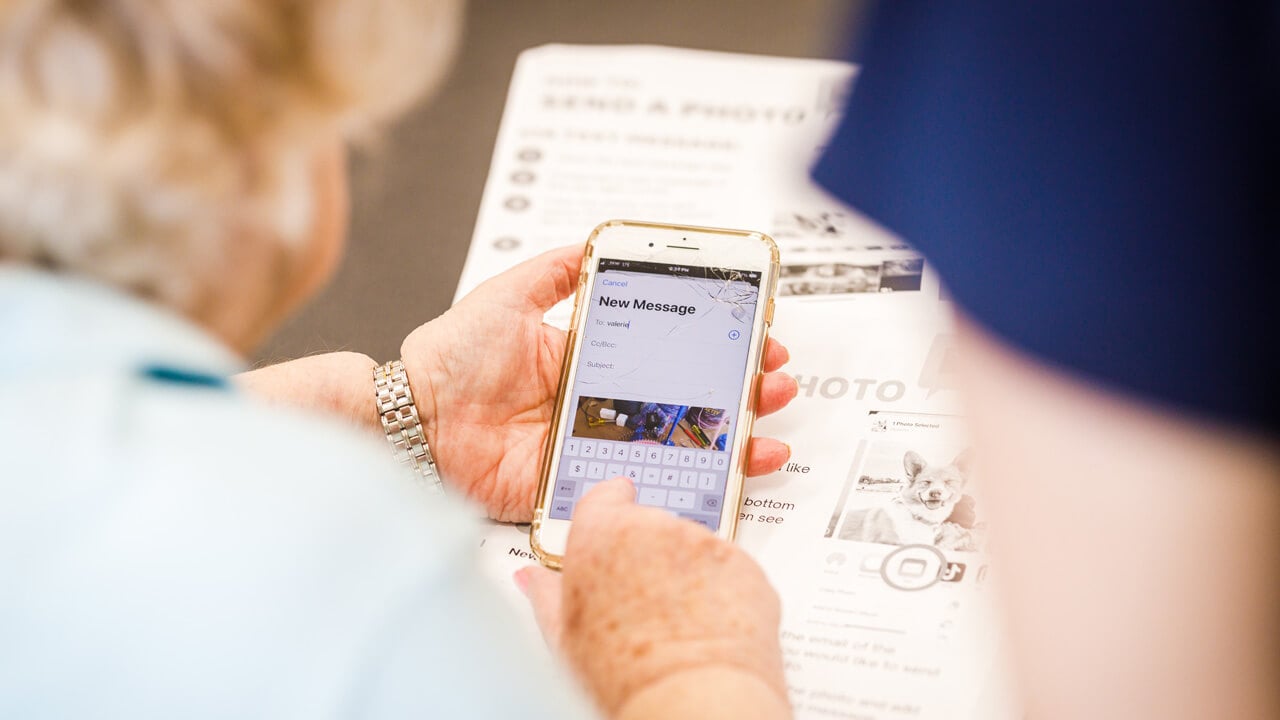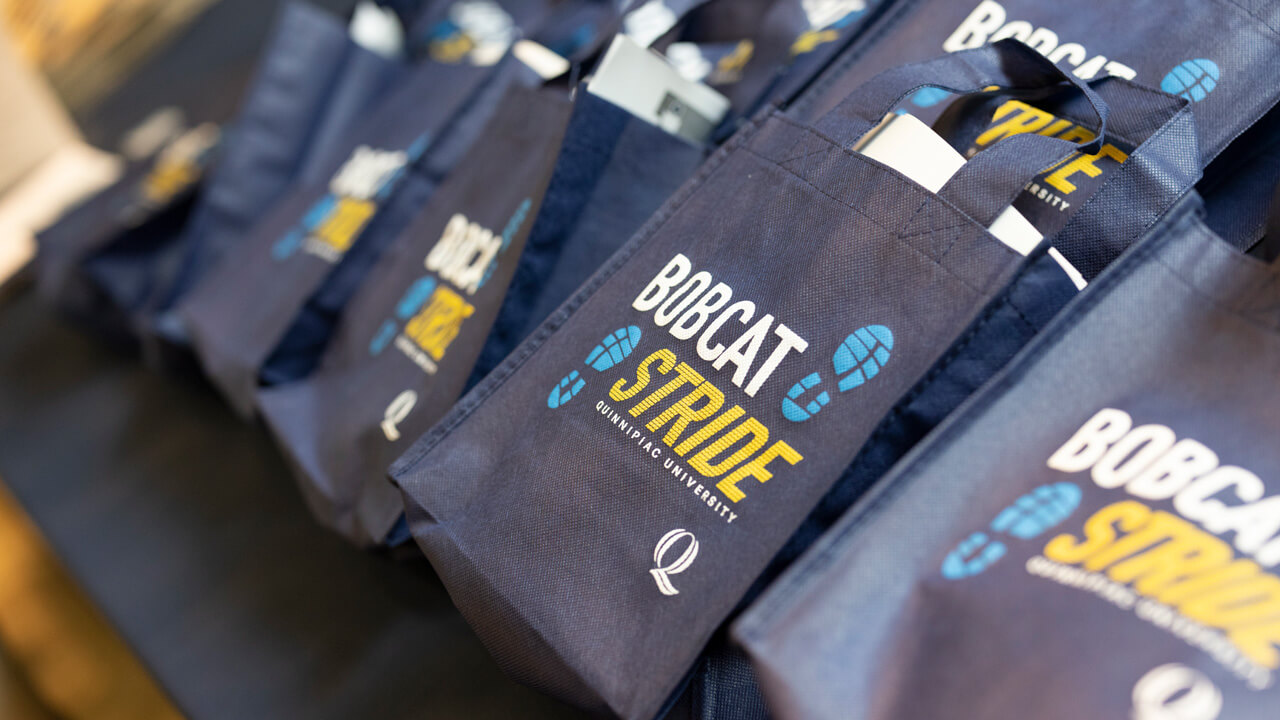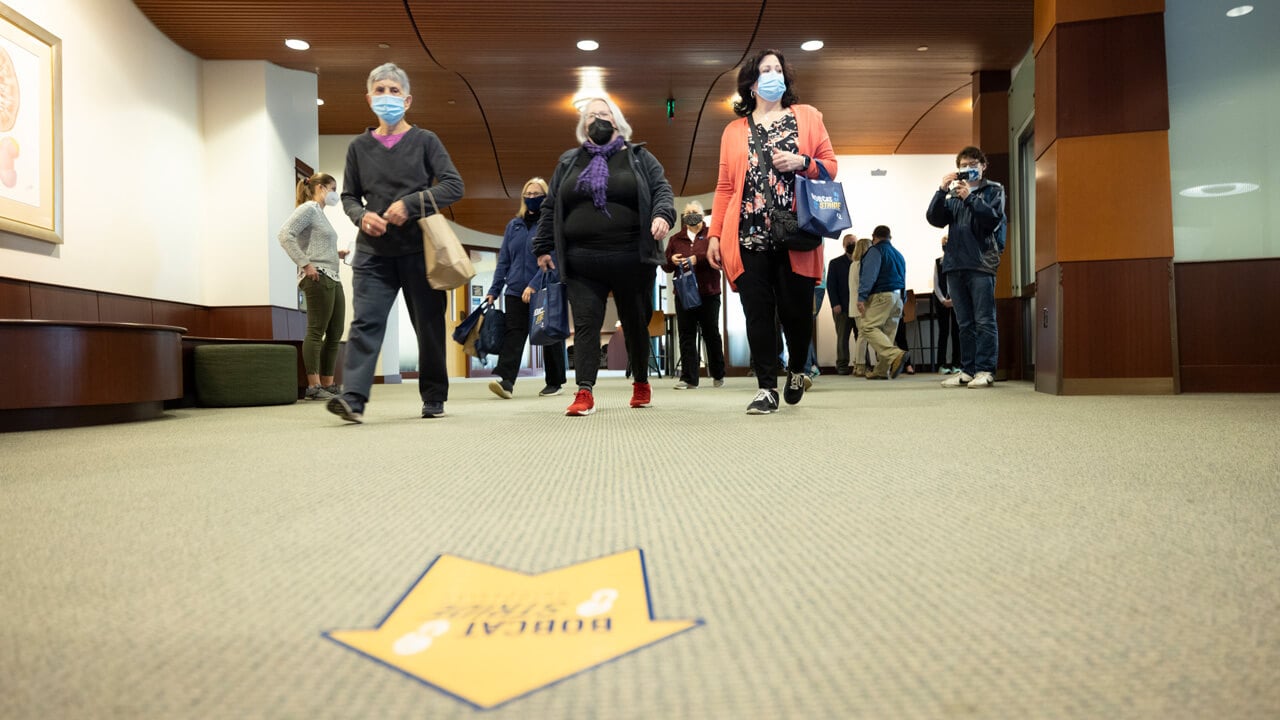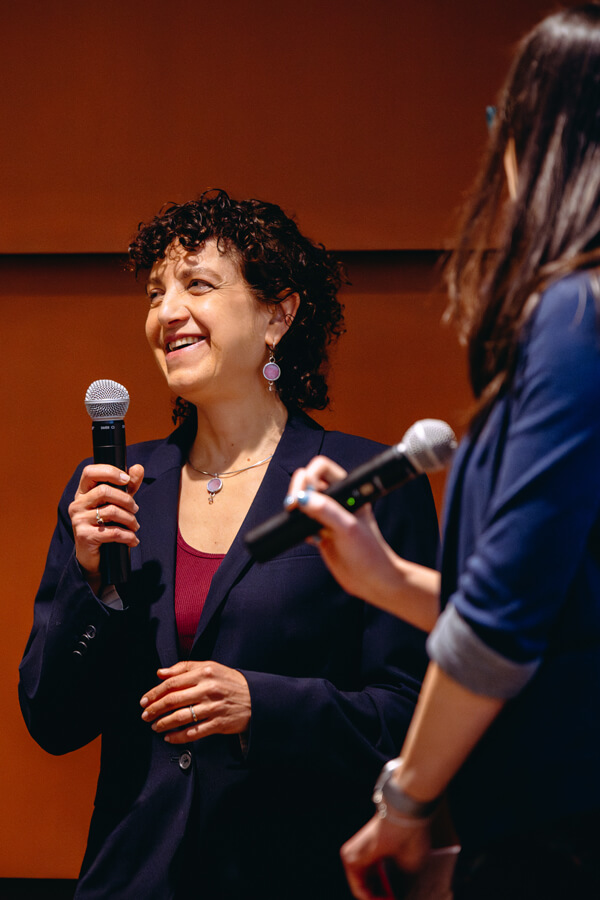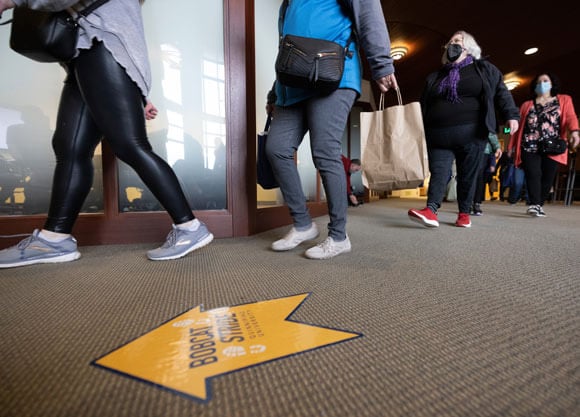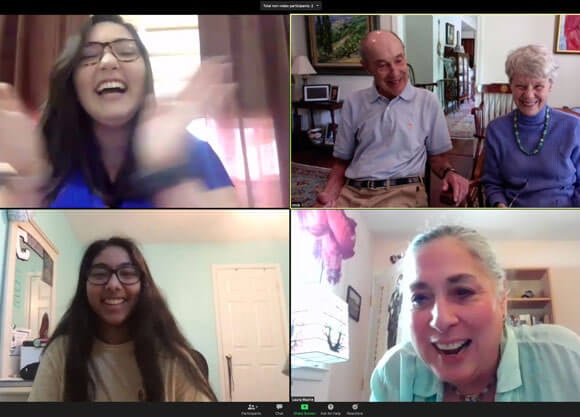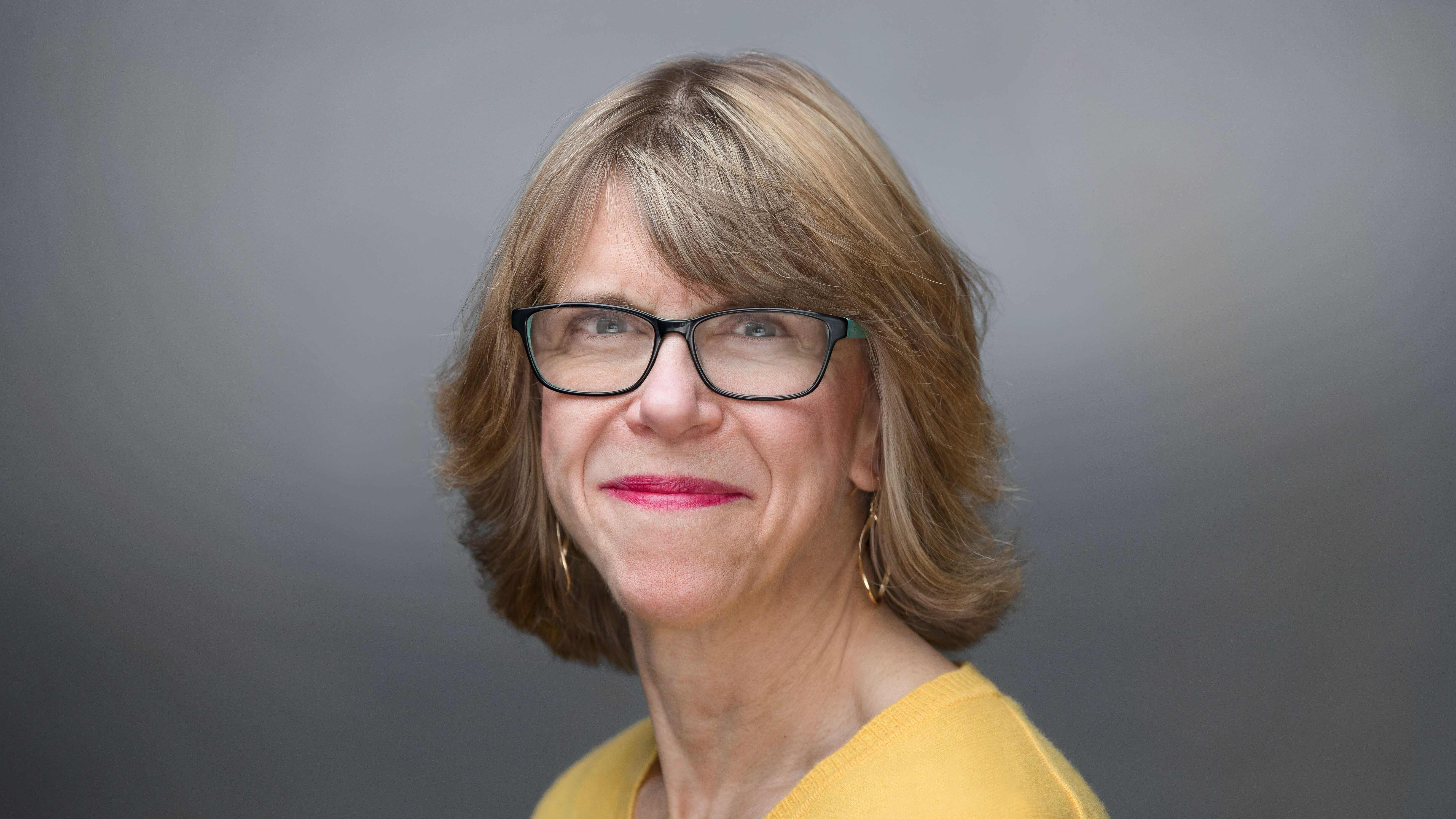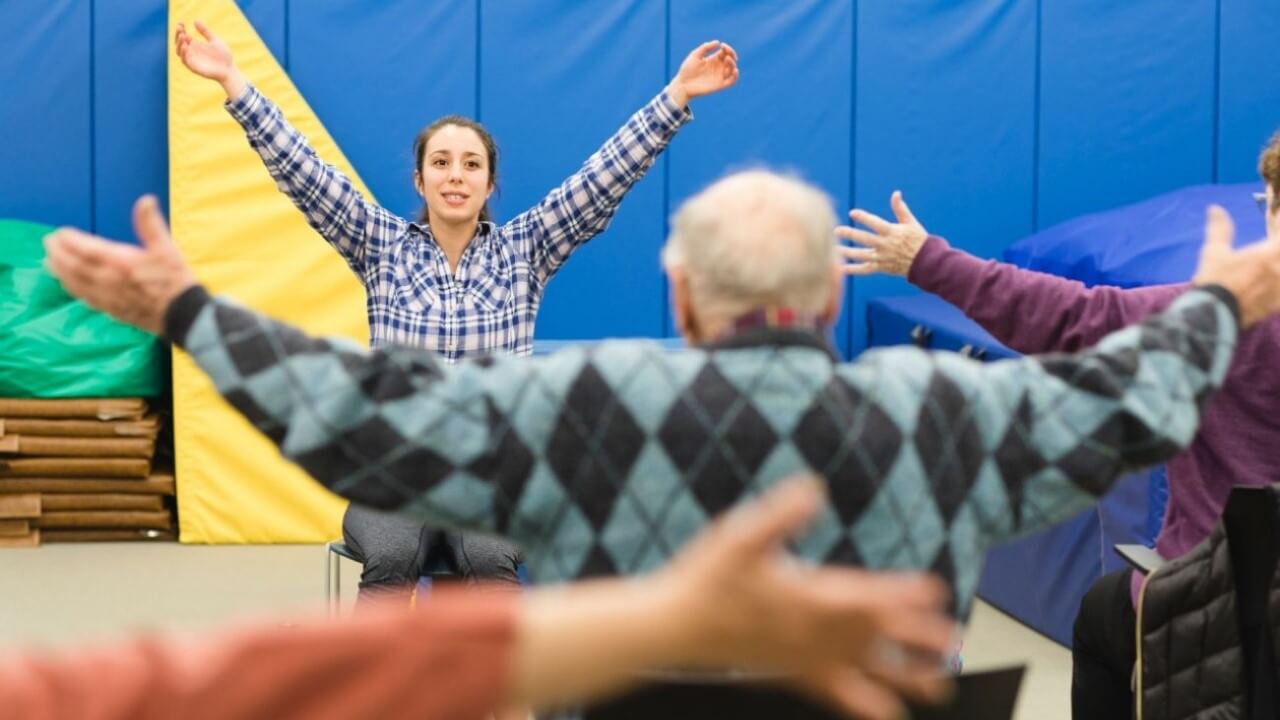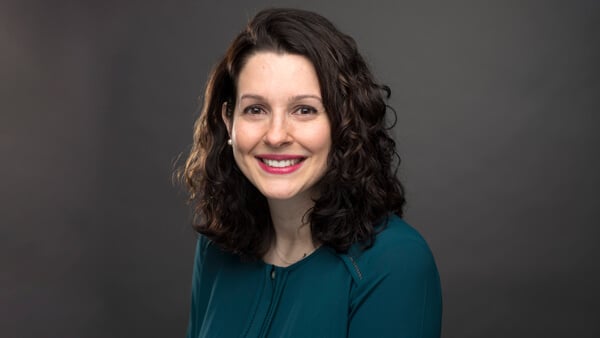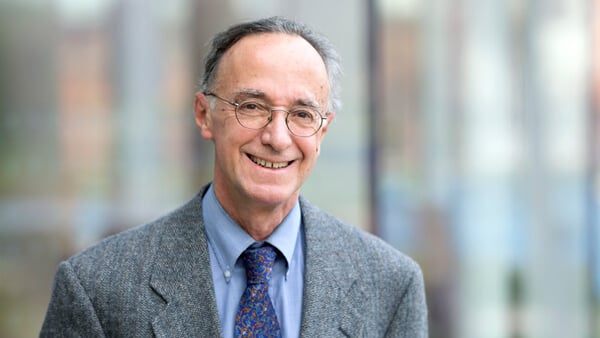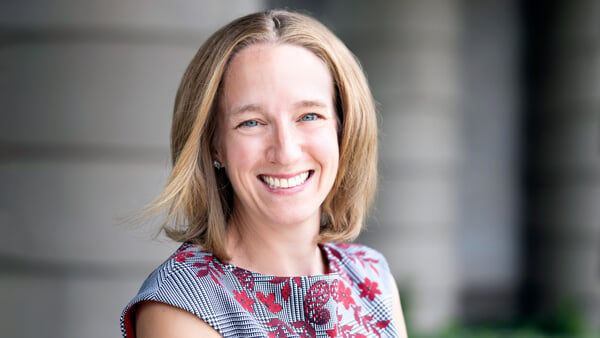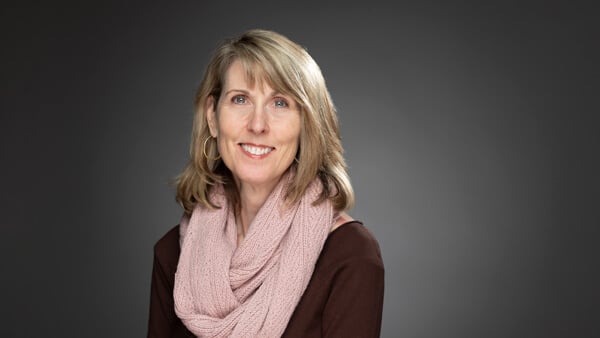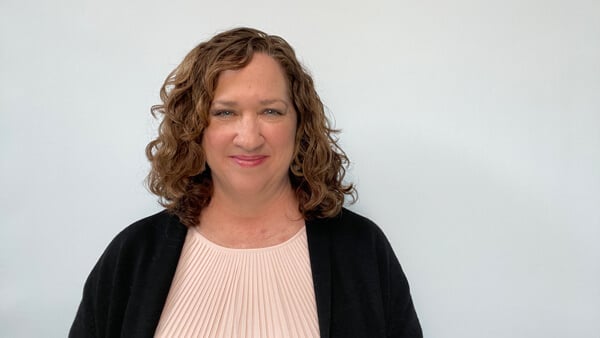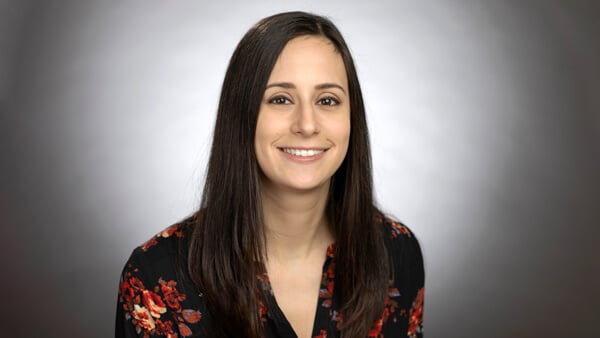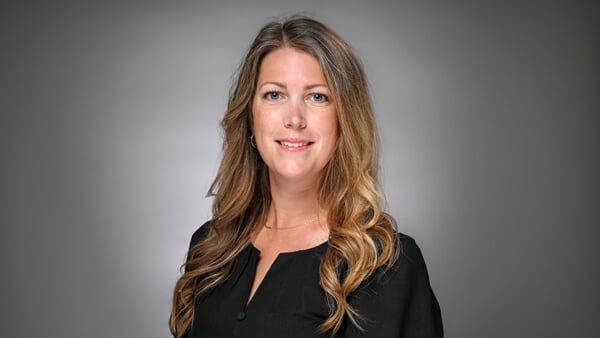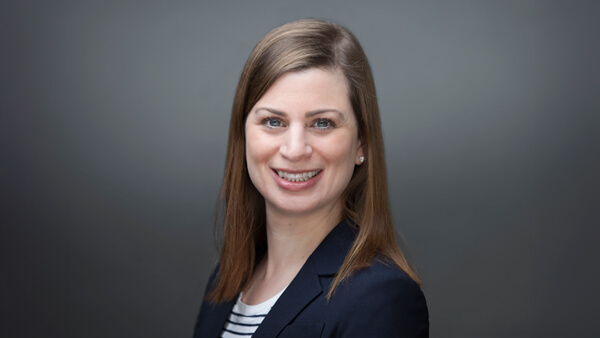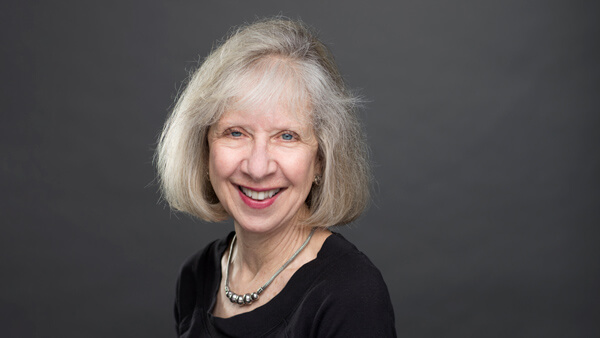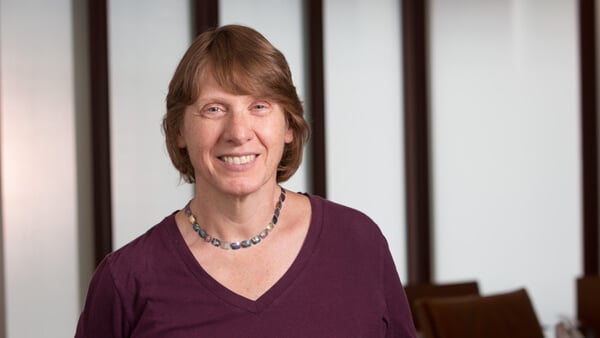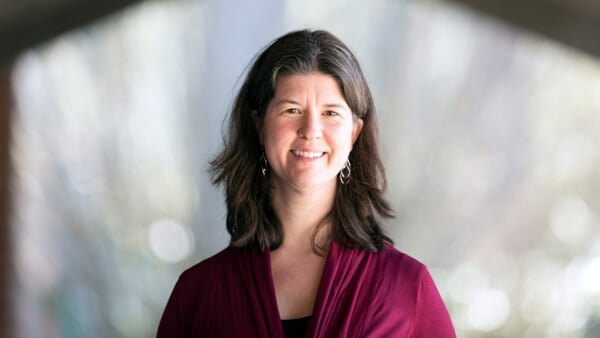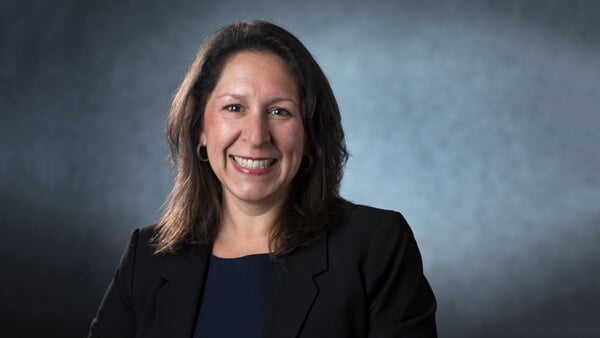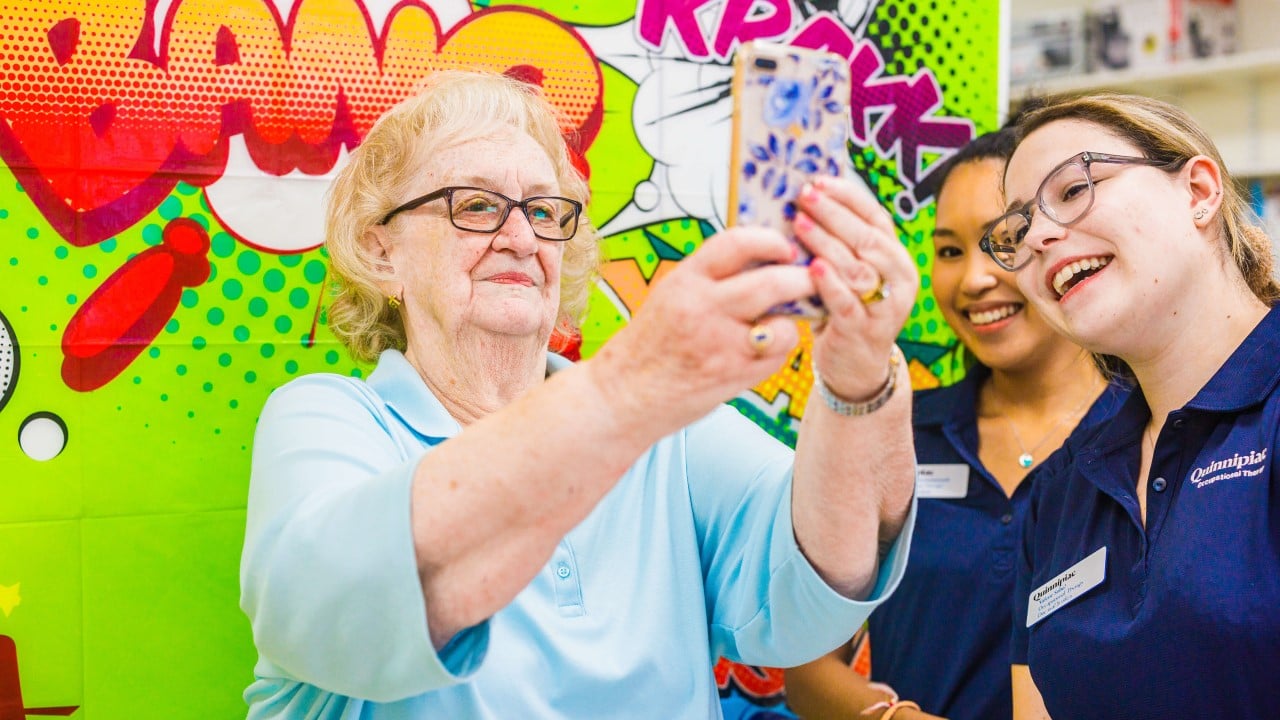
This committee works with administrators, deans, faculty and staff to bring the principles of an Age-Friendly University to life across campuses.
Many members of the Quinnipiac faculty have advanced degrees, training and board certifications in gerontology and geriatric professions. In addition to continuing active programs of teaching, clinical practice and research related to aging, this cohort — known as the Quinnipiac University Committee on Age Inclusivity — prioritizes five areas of emphasis across Quinnipiac's Mount Carmel, York Hill and North Haven campuses.
Priorities include:
-
Awareness: Raising awareness of the impact of ageism and ways to foster age-inclusivity.
-
Connection: Enhancing communication and collaboration across all university groups and alumni to provide opportunities to collaborate for synergistic action and progress toward age-friendly university goals.
-
Inclusion: Understanding that the university community is strengthened by faculty, staff and students of all ages and committing to support all individuals.
-
Curriculum: Maintaining and expanding existing curricular and co-curricular content and creating new offerings focused on age-inclusivity, intergenerational connections and aging-related topics
-
Community: Nurturing existing partnerships and building new ones in the community.

